Community Engagement Network
Community Engagement Network
The Big Ten Academic Alliance Libraries community engagement network is composed of over 1100 staff across all Big Ten member libraries. This network has grown organically according to affinity, interest, and needs unique to different areas of work (e.g. ILL, collection development, acquisitions, IT, preservation, etc.) and now includes more than thirty different groups.
The groups organize themselves into roughly three categories, falling along a continuum, from more formal to less formal:
Peer groups - Our most formal type of group, peer groups develop strategies, methods, processes, and agreements that align with the strategic directions set by the deans/ULs. Each group’s focus and membership are formally defined in a charter that outlines its purpose, its role in the BIG Collection, and key organizational details such as leadership and membership. Peer groups are supported by both a dean liaison and a staff liaison. They are empowered to carry out projects using internal group resources and may request additional support centrally when needed.
Communities of Practice - Communities of Practice are groups focused on knowledge sharing and collaborative problem solving. They operate under light charters that define their purpose and outline membership expectations. Given their practitioner focus, membership is based on functional roles and can vary over time. Each group aims to include at least one representative from each institution. Meeting cadences range from monthly to quarterly virtual meetings. Groups collaborate using shared documentation and other communication tools (e.g. listservs). They are generally self-organizing and self-resourced, with a staff contact available to provide support as needed.
Interest groups - Interest Groups are informal groups that primarily share information and ask questions through an email listserv. While they don’t hold regular meetings, it’s not uncommon for them to convene 1-2 times a year. Membership is open to anyone from a Big Ten library who has an interest in the group’s subject matter.
The network overall is fluid and continually in motion, with groups evolving from one type of group into another and becoming correspondingly more formal or less formal over time.
The Deans Executive Committee acts as the umbrella for the governance of the community.
Peer Groups
Collection Development Officers / Electronic Resource Officers (CDO-ERO)
Communication Directors
Digital Preservation
Digital Strategies and Information Technology Services (DSITS)
Library Accessibility Group (LAG)
Public Service Directors
Resource Sharing Coordinators
Scholarly Publishing
Values
Communities of Practice
Access Services
Arts Librarians
Assessment
Digitization Managers
Discovery
Heads of Acquisitions
Heads of Cataloging
Heads of Special Collections
Human Resources
Instruction Librarians
Metadata Exchange (MDEX)
Middle East Subject Librarians
Online Learning
Open Educational Resources (OER)
Preservation Officers
Student Success
University Archivists
Interest Groups
Alma Interoperability - sign up link: bit.ly/BTAAalmaIG
Area Studies - sign up link: bit.ly/btaa-areast
Audiovisual Digitization and Preservation
Government Information - sign up link: bit.ly/btaa-govinfo
Heads of Government Publications
Information, Research and Consultation Services [inactive]
Liaisons [mailing list only]
Reserves
Scholarly Communications
Shared Print Program [mailing list only] - sign up link: bit.ly/btaa-spp
Storage
Technical Services Strategy [inactive]
Contacts:
Treshani Perera
Coordinator for Community Engagement
Center for Library Programs
treshani.perera@btaa.org
For help or more information
library@btaa.org
